See this amazing news“The news of the U.S. vertical farming company Bowery Farming announcing its closure has attracted attention. According to a report from PitchBook, this indoor vertical farming company located in New York is shutting down its operations. Bowery Farming, established in 2015, had raised over $700 million in venture capital and reached a valuation of $2.3 billion in 2021. Despite the company undergoing several rounds of layoffs in 2023 and pausing its facility opening plans in Arlington, Texas, and Rochelle, Georgia, last year, it ultimately could not avoid the fate of closing down.”
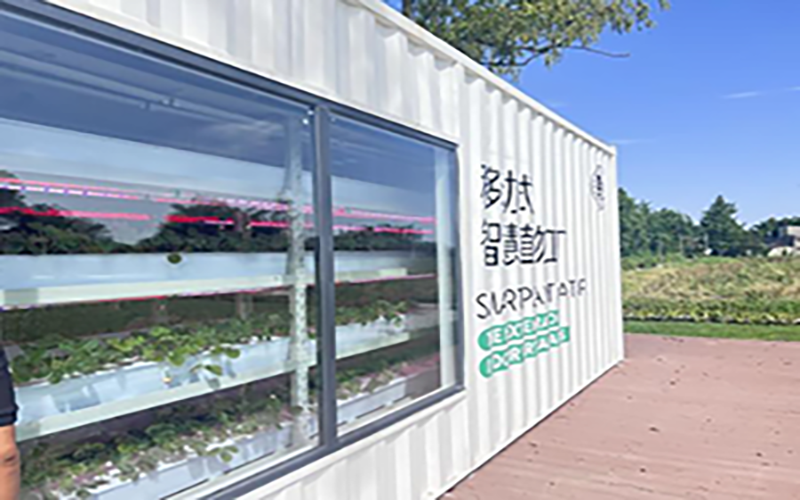
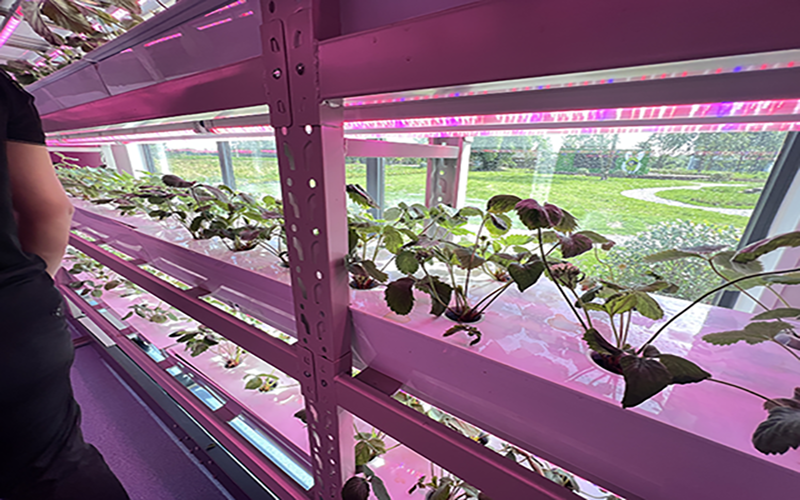
Vertical farming, once a beacon of agricultural innovation, now faces the challenge of closure. This situation prompts us to reflect on the future of vertical farming. From concept to practice, the path of vertical farming is fraught with controversy and difficulties, but each failure is a necessary step towards success.
The concept of vertical farming, with its promise of efficient space utilization, reduced water and pesticide usage, and year-round production, was once seen as the future of agriculture. However, the journey from theory to application is filled with unknowns and challenges. As participants and observers in vertical farming, we are explorers and learners. Every attempt, regardless of the outcome, is a valuable experience.
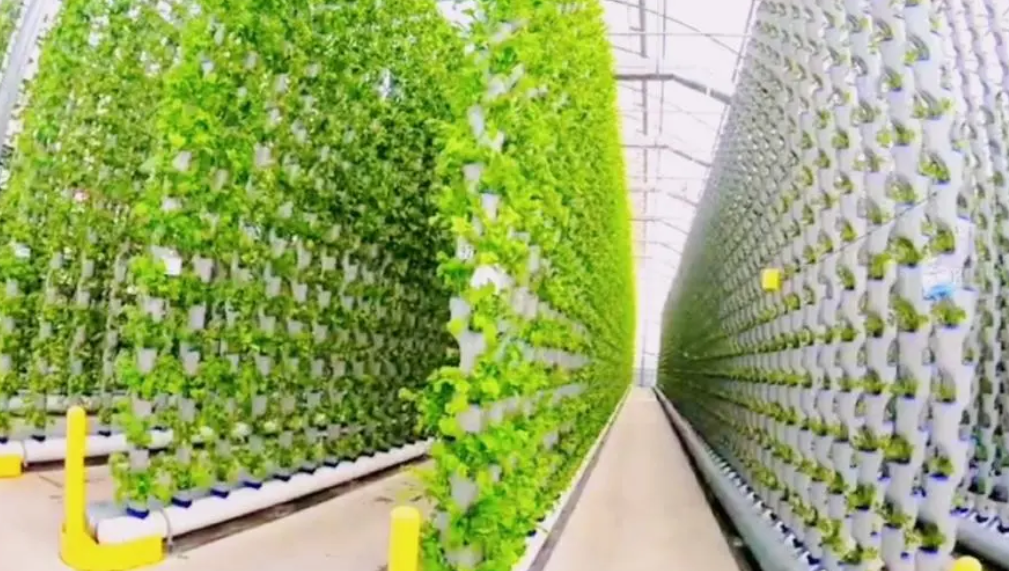
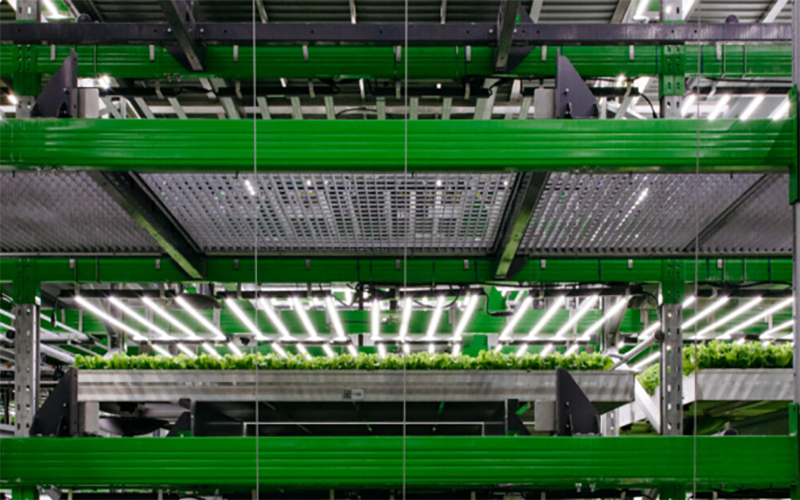
Despite the current closure of our project, this does not mean that our efforts have come to an end. We believe that there are several reasons for the project's pause: high cost inputs, high technical requirements for NFTtechnology, poor taste due to non-specialized seedling cultivation, and high selling prices, among others. These factors deserve our deep consideration and resolution.
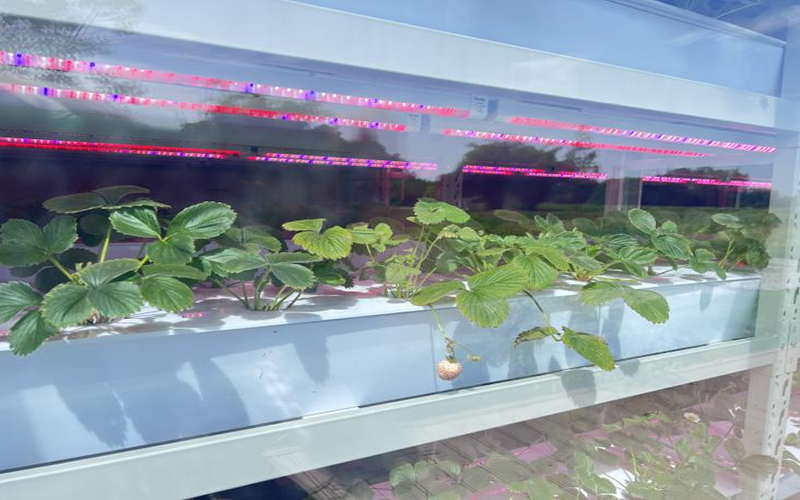
The high cost of inputs is a major issue facing vertical farming. Vertical farming requires a significant initial investment, including construction costs, equipment purchase, and maintenance fees. These costs are a heavy burden for many startups and farms. Moreover, the technical requirements for vertical farming are extremely high, especially for the application of NFT technology, which not only requires professional technical support but also continuous technical updates and maintenance.
The non-specialized cultivation of seedlings is also one of the reasons leading to poor taste and high selling prices. Seedlings for vertical farming often need to grow in specific environments to ensure quality and yield. However, the seedlings available on the market often cannot meet these special requirements, resulting in final products that cannot match the taste and quality of traditional agriculture, which in turn affects the selling price.
Despite the current closure of our project, this does not mean that our efforts have come to an end. We believe that there are several reasons for the project's pause: high cost inputs, high technical requirements for NFTtechnology, poor taste due to non-specialized seedling cultivation, and high selling prices, among others. These factors deserve our deep consideration and resolution.
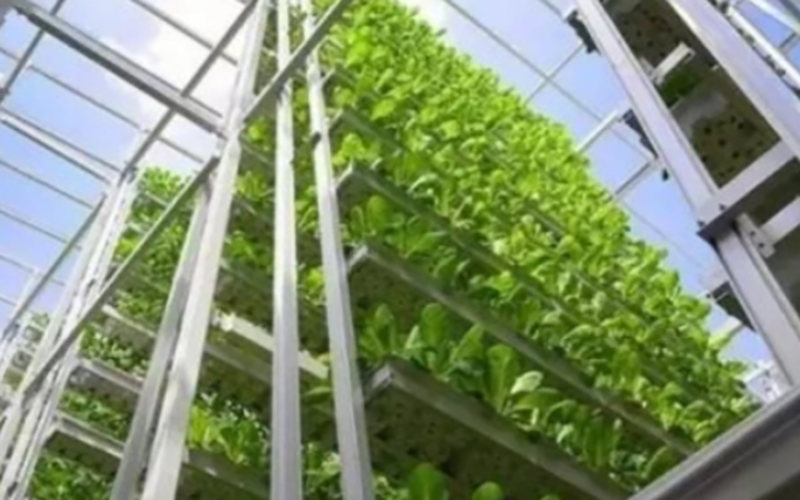
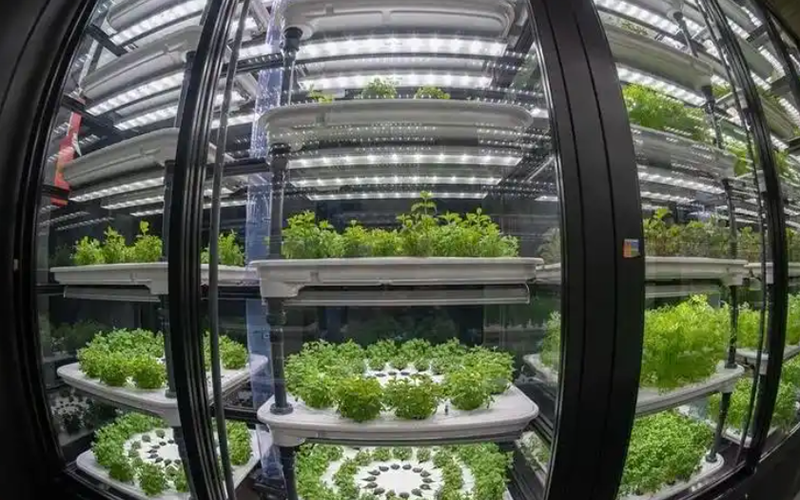
We firmly believe that this is only a temporary setback, not the end. We look forward to continuing our exploration in the future, tapping into the full potential of vertical farming and creating more possibilities. Every attempt, whether successful or not, is a necessary path to success. The future of vertical farming is still full of infinite possibilities. As long as we continue to explore, learn, and improve, one day we will overcome these challenges and make vertical farming a new chapter in agriculture.
In this process, we need more cooperation and support. Governments, businesses, research institutions, and consumers should all work together to provide the necessary support and resources for the development of vertical farming. Only in this way can we jointly promote the development of vertical farming and make it an important tool for solving future food security and environmental issues.
The future of vertical farming is bright. Although we currently face challenges, this is the driving force that motivates us to continue exploring and moving forward. Let's work together to welcome the bright future of vertical farming.
Welcome to have a further discussion with us.
Email: info@cfgreenhouse.com
Phone: (0086) 13980608118
Post time: Nov-09-2024







 Click to Chat
Click to Chat